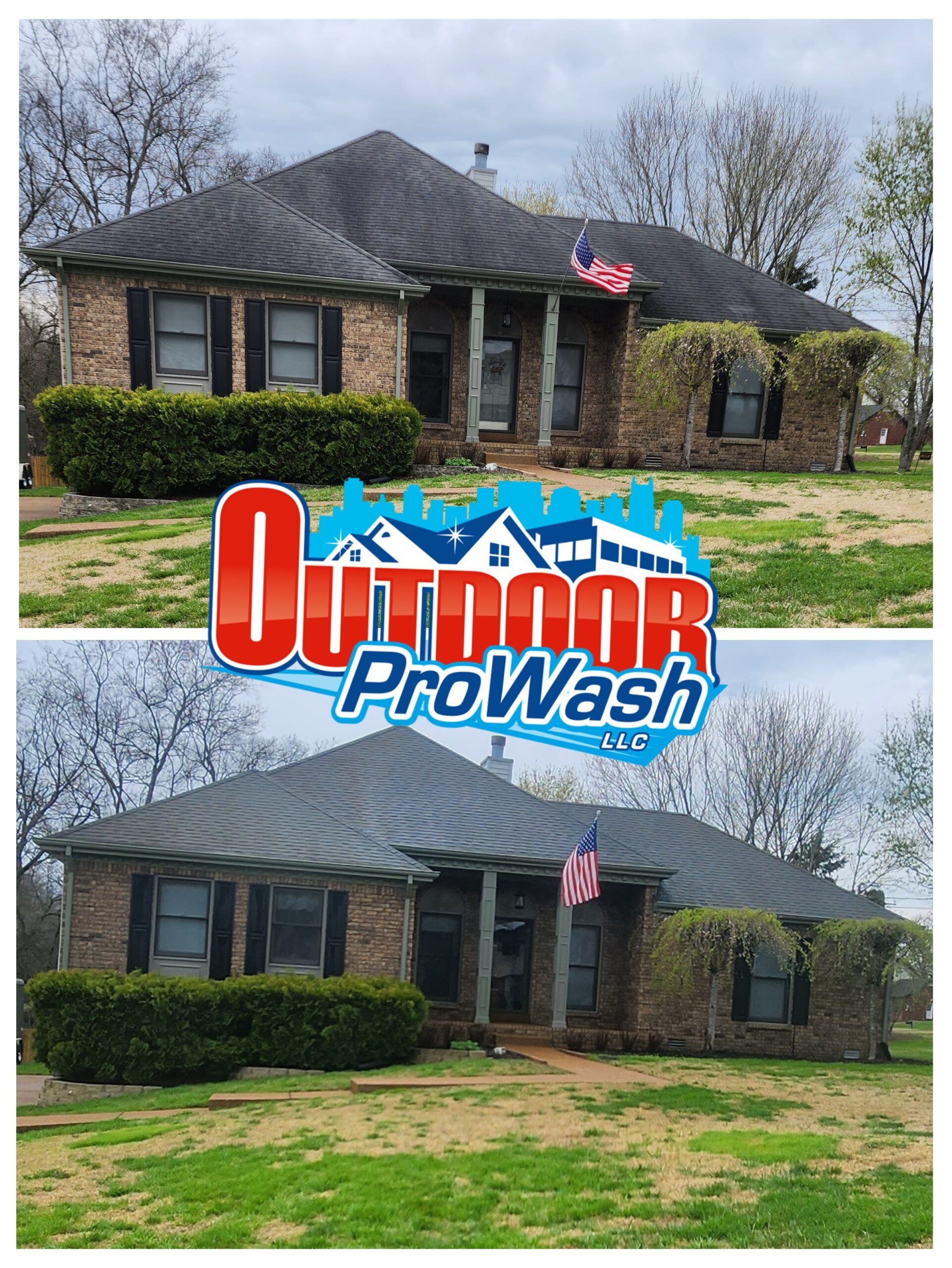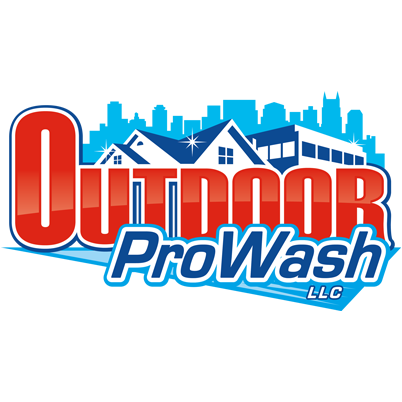Soft Washing Your Roof Without Harming Your Landscaping: Tips and Strategies

Soft washing is a popular method of cleaning roofs, as it is gentle yet effective in removing dirt, grime, and algae. However, it is important to keep in mind that soft washing can potentially harm the landscaping around the property if not done correctly. Here are some tips on how to avoid damage to landscaping when soft washing a roof.
Experience is Key
When hiring a soft washing contractor, it is important to choose someone with experience in the field. A skilled contractor will know how to handle the job properly and will have the necessary knowledge to avoid damaging the landscaping. Look for a company that has been in business for several years and has a good track record.
Spray Techniques
The way the spray is applied can also make a big difference. A skilled contractor will use techniques to reduce runoff and ensure that the solution is applied evenly across the surface of the roof. This can help prevent the solution from dripping onto the landscaping and causing damage.
Proper Solution Mixture
The solution used in soft washing can also impact the health of the landscaping. A reputable contractor will use a solution that is safe for plants and will not harm the environment. They will also make sure that the solution is properly mixed to avoid any issues with over-application.
Rinsing Off the Area
After the soft washing is complete, it is important to rinse off the area thoroughly. This will help remove any leftover solution or debris from the roof, which can potentially harm the landscaping. Make sure to discuss this step with your contractor and confirm that they will thoroughly rinse off the area.
Cover Vulnerable Plants
Certain plants are more vulnerable to damage than others, such as flowers. If you have delicate landscaping, ask your contractor to cover these areas during the soft washing process. This will help protect the plants from any potential harm.
Insured Contractor
Even with the most experienced contractor, accidents can still happen. It is important to hire a contractor that is insured in case of any damage to the property. Make sure to confirm that your contractor has insurance before beginning the soft washing process.
Considering the Health of Your Landscaping Before Soft Washing
It’s important to keep in mind that the health of existing plants can also impact their tolerance for a spray solution. Unhealthy or stressed plants may be less able to withstand the effects of the solution, even if it is considered safe for plants.
For example, plants that are already struggling with disease, insect infestations, or environmental stress may be more vulnerable to damage from a soft washing solution. Additionally, plants that are already in poor health may have less vigor to recover from any damage caused by the solution.
It’s important to evaluate the health of the landscaping before beginning the soft washing process. If you have any concerns about the health of your plants, it’s a good idea to consult with a professional landscaper or arborist before proceeding with the soft washing.
In some cases, it may be necessary to delay the soft washing until the health of the plants can be improved. This may involve addressing any underlying health issues, providing proper watering and fertilization, or even replacing unhealthy plants with more resilient varieties.
By taking the time to evaluate the health of your landscaping and addressing any concerns before beginning the soft washing process, you can help ensure the health and vitality of your plants. A healthy landscape is not only more beautiful but also better able to withstand any potential damage from a soft washing solution.
Conclusion
In conclusion, soft washing is an effective and gentle way to clean your roof, but it’s important to take the necessary steps to protect your landscaping during the process. By hiring an experienced contractor, using proper spray techniques, ensuring a proper solution mixture, rinsing off the area, covering vulnerable plants, and choosing an insured contractor, you can minimize the risk of damage to your plants and other landscaping features. It’s also important to evaluate the health of your existing plants before beginning the soft washing process, as unhealthy plants may be less tolerant of the solution. By following these tips and working with a professional, you can enjoy a clean roof and beautiful, healthy landscaping for years to come.
Note
It’s worth noting that circumstances where gutter pipes leaking or gutter joints leaking onto landscaping during the soft washing process are quite rare. However, it’s important to be aware of these potential issues and take the necessary steps to address any underlying problems before beginning the soft washing process. By ensuring that your gutters and downspouts are in good repair and directing the runoff away from your landscaping, you can help prevent any potential damage during the soft washing process.

